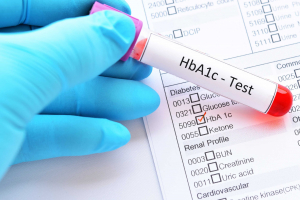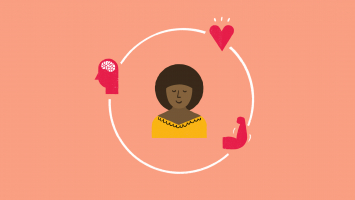Top 10 Reasons You're Always Feeling Tired
You are not alone if you feel overly tired or low on energy. Simple things like not getting enough sleep or getting a cold or the flu might make you feel ... read more...tired. But there are many reasons that can lead to this condition. In order to decrease fatigue, you must identify its root causes. Here are some possible reasons why you’re always tired.
-
For overall health, getting enough sleep is essential. Weakness may result from the fact that you do not get enough. Your body carries out many important functions when you sleep, such as releasing vital growth hormones and cell repair and regeneration. This is why after a night of good sleep, most people feel refreshed, alert, and energized.
It's crucial that your sleep be uninterrupted and restful so that your brain can go through three stages of NREM sleep and one stage of REM sleep, which is the stage in which you dream. The American Academy of Sleep Medicine and Sleep Research Society advises adults to get at least 7 hours of sleep each night for best health. Treatments for insomnia (a term for any condition that causes difficulty falling or staying asleep) may include the management of underlying medical disorders, prescription drugs, and natural supplements. Get the right care and treatment by seeing your doctor.

Not getting enough high quality sleep 
Not getting enough high quality sleep -
Even if you sleep for more than seven hours every night, nutrient deficiencies might make you feel exhausted all the time. Fatigue has been linked to nutritional deficiencies in the following groups: iron, riboflavin (vitamin B2), niacin (vitamin B3), pantothenic acid (vitamin B5), pyridoxine (vitamin B6), folate (vitamin B9), vitamin B12, vitamin D, vitamin C, magnesium, etc.
For example, 25% of people worldwide suffer from anemia. The majority of cases of anemia, or 50% of cases, are due to iron deficiency. One of this condition's most prevalent symptoms is fatigue, but once iron stores are restored, it usually gets better. Because these deficiencies are very common, it's crucial to have your levels checked if you're feeling fatigued for no apparent reason. When your nutrient levels return to normal, fatigue caused by a lack of one or more nutrients typically gets better.

Nutrient deficiencies 
Nutrient deficiencies -
Chronic stress is associated with fatigue even though some stress is normal. In fact, chronic stress can result in stress-related exhaustion disorder (ED), a condition that is characterized by both psychological and physical exhaustion symptoms.
Chronic stress may also change the anatomical and functional makeup of your brain and result in chronic inflammation, both of which may exacerbate symptoms like fatigue. Even though stressful events, particularly those related to job or family obligations, may be impossible to avoid, learning to manage your stress may help you avoid getting exhausted. You can schedule a time to unwind, for instance, by taking a bath, meditating, or going for a walk. A therapist can also help you develop stress-reduction plans. Mental health counseling is frequently covered by health insurance plans, and online therapy is also an option.

Stress 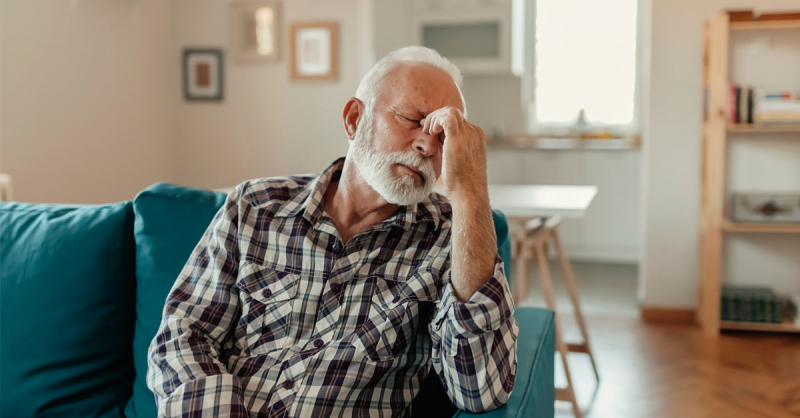
Stress -
If you’re eating well, exercising regularly, and sleeping pretty well most of the time but you’re still feeling worn out, then it’s time to see your doctor.
There are many underlying medical conditions that can make you feel tired all the time. These can include sleep apnea, hypothyroidism, cancer, chronic fatigue syndrome, multiple sclerosis, anxiety disorders, kidney disease, depression, diabetes, and fibromyalgia. It's crucial to understand that feeling tired all the time is uncommon. There may be one or several causes if you frequently feel tired. You may feel better and have other health benefits as a result of receiving appropriate treatment for an underlying medical condition.

Certain medical conditions 
Certain medical conditions -
The way you feel is greatly influenced by your diet. A balanced diet rich in nutrient-dense foods is crucial for maintaining energy and providing your body with the nutrients it needs to carry out essential functions.
Consuming foods that are too processed and deficient in vital nutrients might result in calorie and vitamin deficiencies, which can make you feel exhausted. If you don't consume enough calories and nutrients, including protein, your body will begin to break down fat and muscle to meet its energy needs. This results in a reduction of body fat and muscle mass, which could make you tired. Furthermore, because of factors like aging-related changes in appetite and reductions in physical activity, older adults are particularly at risk of malnutrition and vitamin deficiencies.

Dietary imbalances 
Dietary imbalances -
Although caffeinated drinks like coffee and energy drinks temporarily enhance your energy, abusing them might make you more tired the next day. That's because a high caffeine intake might interfere with sleep, which can make you tired.
According to research, when people are fatigued in the morning they tend to drink a lot of coffee, which disrupts their sleep patterns. You might drink excess coffee or other caffeinated beverages as a result, which would prolong the cycle of sleep difficulties followed by excessive caffeine consumption. Too much caffeine consumption has been linked to daytime sleepiness, decreased overall sleep time, increased overnight awakenings, increased nightly worrying, and sleeplessness. In a study including 462 women, high-calorie coffee and energy drink consumption was associated with insomnia and disturbed sleep.
Consuming too much caffeine 
Consuming too much caffeine -
For the maintenance of energy levels, staying hydrated is crucial. Your body loses water every day as a result of the numerous metabolic processes that take place there, which require its replacement.
Dehydration happens when you don't consume enough liquid to make up for the water you lose through your breath, urine, stools, sweat, and other bodily functions. According to numerous research, dehydration causes reduced energy levels and a reduced capacity for concentration. Dehydration has an impact on your body as a whole, including your sleep patterns. Shorter sleep duration was linked in a survey of over 26,000 Chinese and American adults. Exercise endurance may suffer if you're dehydrated because it may make you feel more tired when exercising.
Inadequate hydration 
Inadequate hydration -
Maintaining healthy body weight is essential for optimum health. In addition to being closely linked to a higher risk of a number of chronic illnesses, such as type 2 diabetes, heart disease, and several cancers; obesity may increase your risk of getting chronic fatigue.
You are far more likely to develop obstructive sleep apnea, a common cause of daytime sleepiness if you are obese. Because obesity is linked to increased daytime sleepiness, it may directly affect the sleep cycle. Obese people are also more likely to have diseases like type 2 diabetes and depression that are connected to fatigue. Inadequate sleep and sleep deprivation may also cause weight gain or obesity.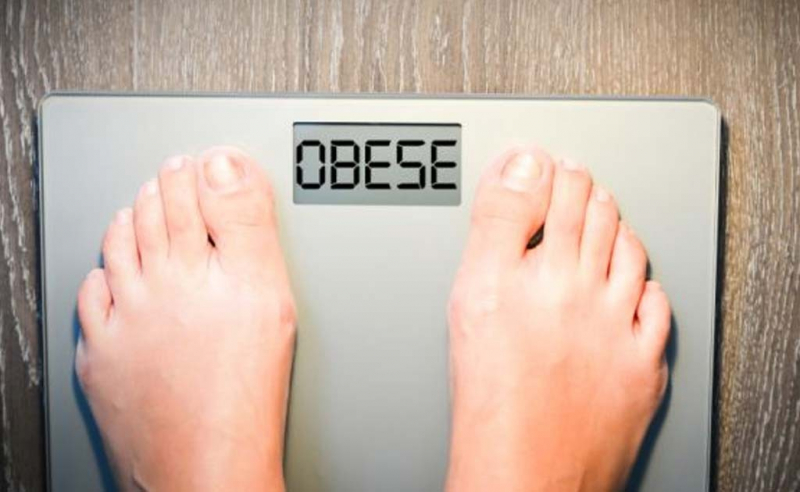
Overweight or obesity 
Overweight or obesity -
Regular exercise and physical health are necessary for the proper functioning of the body and mind as well as to boost energy levels. Stress can be reduced by exercise as well. Finding the motivation to exercise might be challenging when you are tired. However, to increase your energy levels, forcing yourself to go for a walk, jog, or bike ride may be the solution.
A group of often tired, sedentary people was selected by University of Georgia researchers. For six weeks, they made some of the participants do 20 minutes of low- to moderate-intensity exercise three times a week. They let the others carry on with their sedentary lifestyle. By the end of the research, the participants who had started exercising had 20% more energy. Those who were currently exercising at a moderate intensity reported a 49% decrease in fatigue. Even more significantly, those who regularly engaged in low-intensity exercise reported feeling 65% less tired.
Lack of exercise 
Lack of exercise -
Tiredness may result from a variety of other problems. It's important to understand that there could be a number of things causing your exhaustion.
Other typical causes of fatigue include the following:
- Drug and alcohol dependence: People who are dependent on drugs or alcohol are more likely to feel tired, according to research.
- Shift work: Working shifts disrupt your sleep and may make you tired. Sleep specialists predict that between 2 and 5% of all shift workers suffer from a sleep problem that is characterized by excessive daytime drowsiness or irregular sleep patterns lasting one or more months.
- Certain medications: Some medications, such as steroids, blood pressure medications and antidepressants, are associated with unpleasant side effects such as increased tiredness and insomnia.
- ...
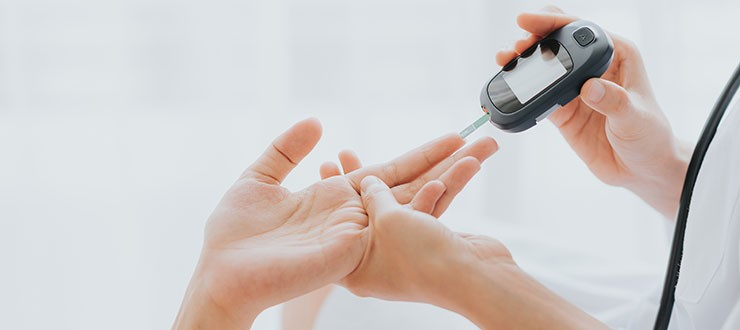
Other causes of fatigue 
Other causes of fatigue














